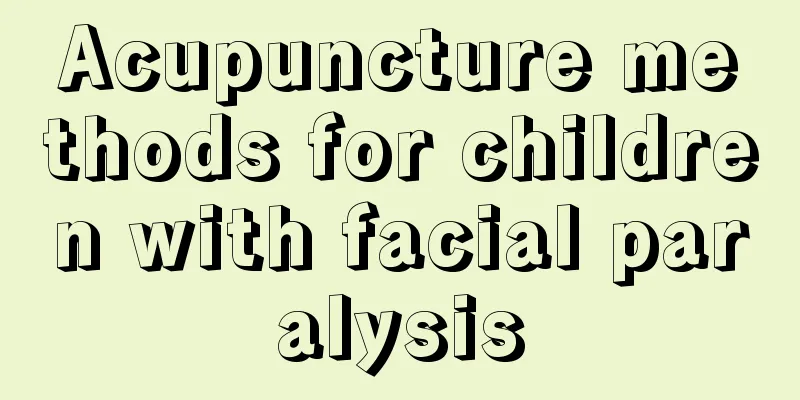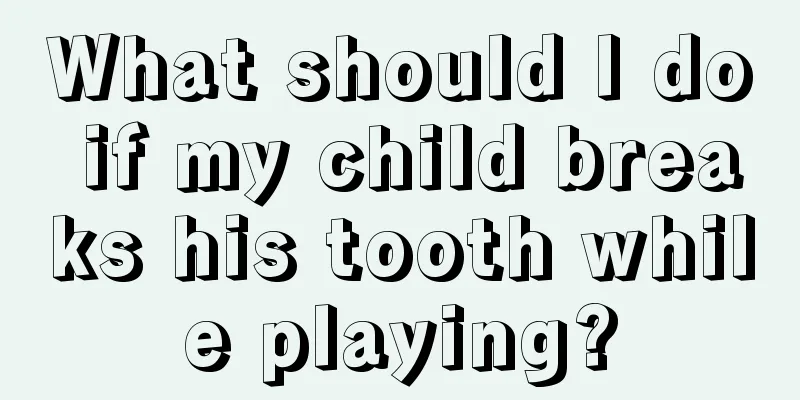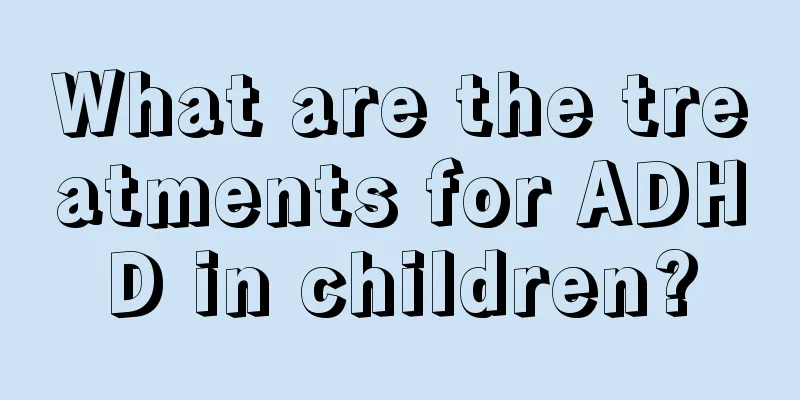Is it normal for a newborn to breathe through the mouth?

|
Under normal circumstances, people breathe through their noses, but the reason why fetuses cry when they are born is because they need to open their mouths to breathe. Most newborns should breathe through their noses. If parents find that their baby is breathing through his mouth, it is very likely that his nose is blocked or he has nasal discomfort. Let’s find out whether it is normal for newborns to breathe through their mouths? 1. Why do newborns open their mouths when sleeping?
When the baby sleeps with his mouth open, the mother can get close to the baby and listen to whether he exhales through the nose or the mouth. The mother can also try with her hand. If the baby breathes through the mouth, that is not good. Sleeping with the mouth open will force children to breathe through their mouths because their nasal cavity is blocked. There are cilia in the nasal cavity, which can expel microorganisms and dust inhaled with the air when they move. There are also paranasal sinuses in the nasal cavity, which can warm the inhaled air. Breathing through the mouth deprives children of this protective mechanism, making them prone to illness. If the baby has blocked nostrils, you can let the baby drink more water. You can also use a cotton swab dipped in water to gently touch the nostrils. When the nasal crust softens, gently take it out and clean the baby's nostrils. It is a pathological condition for children to breathe with their mouths open while sleeping. It is harmful to their development and health. The cause should be found and corrected actively. Children usually breathe through their mouths due to some disease, such as rhinitis, sinusitis, hypertrophy of tonsils and tonsils, etc. It is because of the existence of the disease that the nasal cavity is blocked, forcing breathing to find another channel. The dangers of mouth breathing include: affecting the normal development of the child's face, causing the face to become ugly, such as a sunken nasal root, atrophied nasal wings, crowded teeth, protruding upper front teeth, high arched palate, etc. At the same time, the child's expression is dull and lacks expression, which is medically called proliferative facies. Over time, it will also affect intellectual development, manifesting as decreased memory, slow reaction, and lower IQ. In addition, when breathing through the mouth instead of the nose, the air inhaled into the lungs cannot become as gentle and moist as it would be through the nasal cavity. On the one hand, it will damage tissues such as the trachea and alveoli, and on the other hand, it will make the oral mucosa dry and easy to crack, change the normal pressure in the mouth, weaken the resistance to pathogens, and induce a variety of oral diseases. For children who have developed the habit of breathing through their mouths, parents should not only take their children to the hospital for diagnosis and treatment in time, but also use the following methods to correct it: let the child wear a mask when sleeping. The mask is made of 4 layers of gauze with a layer of plastic film in the middle of the gauze. When wearing a mask, the child's nose must be exposed. After a period of training, most children can change the bad habit of breathing through their mouths. 2. Why does the baby cry when sleeping at night?
This problem troubles many young mothers. In fact, in addition to common factors such as poor sleeping environment and physical discomfort, the factors that affect babies' sudden crying while sleeping may also be external factors such as thirst, hunger, cold, heat, calcium deficiency, abdominal distension, teething, etc. A baby's sudden crying while sleeping is one of the signs of poor sleep quality. In addition to the common factors that affect babies' sudden crying while sleeping, such as poor sleeping environment, being too excited before going to bed, physical discomfort, etc., the baby's internal factors also affect sleep, and the brain nerves are not yet mature. The child has not yet established a fixed schedule physically. The adjustment of the baby's biological clock's day and night rhythm depends on the baby's physiological maturity. After eliminating external factors such as thirst, hunger, cold, heat, calcium deficiency, abdominal distension, teething, excitement, etc., the baby may suddenly cry while sleeping just because the cerebral cortex is active and cannot adjust itself into a deep sleep state. These phenomena will eventually resolve after weaning or as the baby grows. |
<<: Children often take deep breaths unconsciously
>>: Why does my four-month-old baby always scratch his head?
Recommend
The dangers of adults kissing babies on the mouth
Babies are innocent and cute, so you can't he...
What are the treatments for children with ADHD?
ADHD is a very common psychological disorder in c...
How to improve baby's digestive system?
Generally speaking, the digestive system function...
What to wear for newborns in autumn and winter
We all know that the transitional seasons of autu...
The harm of picky eating in children
Each type of food has its own irreplaceable nutri...
Why does a three-year-old child grind his teeth when sleeping?
I believe that many people are familiar with the ...
What should I do if my child has a smoke fever?
Chronic pharyngitis is a common respiratory disea...
What are some ways for children to enhance their immunity?
As we all know, children's resistance is defi...
What is the cause of the thick yellow tongue coating in children?
Children's health is very important and very ...
What are the causes of abdominal pain in children?
There are many reasons for abdominal pain in chil...
What to do if a child has a fever due to gastroenteritis?
Many children in their early childhood are very p...
What symptoms will babies experience after eating too much salt?
Children under one year old should not eat too mu...
How to deal with the main manifestations of rickets sequelae?
Rickets is a disease that affects the development...
How to correct the outward-facing toe better
During the development of the fetus, it will be r...
How long can a newborn baby use bath gel
Parents usually feel distressed when bathing thei...









